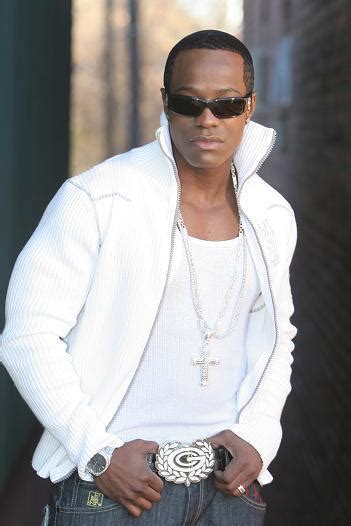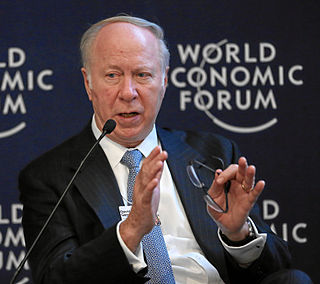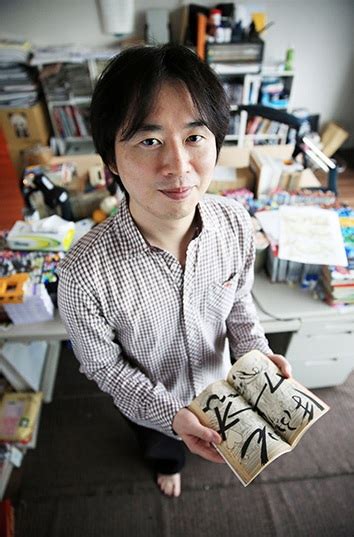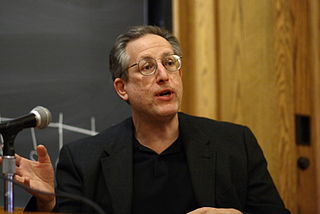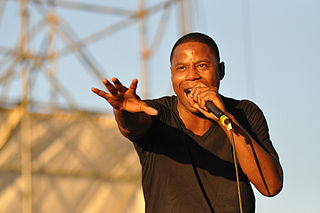A Quote by Paul G
Cross-cultural reality testing forces people to examine both their own and others' understandings of reality. Most people simply assume that the
way they look at things is the way things really are, and judge other cultures' views of reality before understanding them. These judgments are
based on ethnocentrism, which closes the door to further understanding and communication. Furthermore, ethnocentric judgments keep missionaries from examining their own beliefs and values to determine which of them are based on biblical foundations and which on their cultural beliefs.
Quote Topics
Assume
Based
Before
Beliefs
Beliefs And Values
Biblical
Both
Closes
Communication
Cross
Cultural
Cultures
Determine
Door
Examine
Examining
Forces
Foundations
Further
Furthermore
Judge
Judgments
Keep
Look
Missionaries
Most
Other
Other Cultures
Others
Own
People
Reality
Really
Simply
Testing
Them
Things
Understanding
Values
Views
Way
Which
Related Quotes
Politics is like watching football. Yes, you can see it directly on your screen, but I think a lot of people want to have some understanding of what's happening, why the play is unfolding the way it is, and I think that's where it can help them, not to render judgments but to help people make their own judgments in a more informed way.
There are many people who know nothing of a world in which we take the reality of the 'other' seriously. I'm running on that platform: other people in other countries are really, really real, and there has to be a way of presenting their reality that is not condescending to them or about our psycho-social needs.
The sense organs, which are limited in scope and ability, randomly gather information. This partial information is arranged into judgments, which are based on previous judgments, which are usually based on someone else's foolish ideas. These false concepts and ideas are then stored in a highly selective memory system.
Men live in a community in virtue of the things which they have in common; and communication is the way in which they come to possess things in common. What they must have in common in order to form a community or society are aims, beliefs, aspirations, knowledge - a common understanding - likemindedness as the sociologists say.
In place of the old beliefs of a civilization based on godliness, judgment and historical loyalty, young people are given the new beliefs of a society based on equality and inclusion, and are told that the judgment of other lifestyles is a crime. ... The "non-judgmental" attitude towards other cultures goes hand-in-hand with a fierce denunciation of the culture that might have been one's own
Reality is not digital, an on-off state, but analog. Something gradual. In other words, reality is a quality that things possess in the same way that they possess, say, weight. Some people are more real than others, for example. It has been estimated that there are only about five hundred real people on any given planet, which is why they keep unexpectedly running into one another all the time.
We don't live in a shared reality, we each live in a reality of our own, and causing upset is often the price of trying to reach each other. It's always easier to dismiss other people than to go through the awkward and time consuming process of understanding them. We have given 'taking offense' a social status it doesn't deserve: it's not much more than a way of avoiding difficult conversations.
Every religion I know of has changed its views with respect to concrete controversies over long periods of time. People's views about the morality of homosexuality are likely to undergo some change, even though they're making judgments based on their religious beliefs. Because in fact, religion is an extremely durable, and yet flexible, way of trying to apprehend what's good and what's bad in the world. In fact, its durability comes from its flexibility. Now, speaking from inside a religion, it's hard to talk that way.
A people who free themselves from foreign domination will be free culturally only if,
without complexes and without underestimating the importance of positive accretions from
oppressor and other cultures, they return to the upward paths of their own culture, which is
nourished by the living reality of its environment, and which negates both harmful influences
and any kind of subjection to foreign culture. Thus, it may be seen that if imperialist
domination has the vital need to practice cultural oppression, national liberation is necessarily
an act of culture
People ask me all the time, 'Are you fed up with reality TV?' At the end of the day, it can affect my career in the sense that the more reality shows there are, the less scripted dramas out there, but I can't ever really knock them. I started on 'Popstars,' which was a reality talent show. I have respect for them.
A performer may be taken in by his own act, convinced at the moment that the impression of reality which he fosters is the one and only reality. In such cases we have a sense in which the performer comes to be his own audience; he comes to be performer and observer of the same show. Presumably he introcepts or incorporates the standards he attempts to maintain in the presence of others so that even in their absence his conscience requires him to act in a socially proper way.
